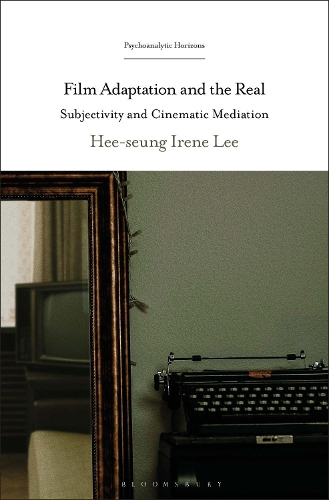
Film Adaptation and the Real: Subjectivity and Cinematic Mediation
(Paperback)
Available Formats
Publishing Details
Film Adaptation and the Real: Subjectivity and Cinematic Mediation
By (Author) Dr. Hee-seung Irene Lee
Bloomsbury Publishing USA
Bloomsbury Publishing USA
30th October 2025
United States
Classifications
Professional and Scholarly
Non Fiction
Comparative literature
Film history, theory or criticism
Psychoanalytical and Freudian psychology
Physical Properties
Paperback
256
Width 140mm, Height 216mm
Description
A psychoanalytic approach to screen adaptation that examines the role of deep-rooted desire evident in the persisting media practice of adaptation from literature to film.
The prevalence of adaptations in cinema from literary texts is striking. What does this lead us to think about adaptation This open access book answers this question from a psychoanalytic perspective by exploring the psychic dynamics underlying screen adaptation as a practice, offering an intriguing window into the desire for adaptation beyond semiotic parameters and industrial factors.
Through a series of examples from Hamlet and Hitchcock, to Kubricks The Shining, and Joness Adaptation the book theorizes film adaptations in relation to their originals. Drawing on the theories of Freud and Lacan, Hee-seung Irene Lee rigorously explains psychoanalytic concepts such as desire, the drive, the Oedipus complex, the uncanny, and anxiety, which are prevalent and remain useful in the vast field of cultural studies. As a result, readers can easily follow the books case studies of canonical film adaptations with interest.
At the same time, the author attempts to challenge, expand, and renew the usual definition of film adaptation. This fosters interdisciplinary dialogue between philosophical and psychoanalytic speculations on subjectivity and frames adaptation not merely as a specific mode of filmmaking but a universal, primordial task of every speaking being.
The ebook editions of this book are available open access under a CC BY-NC-ND 4.0 licence on bloomsburycollections.com.
Author Bio
Hee-seung Irene Lee is Lecturer in Korean Studies at University of Auckland, New Zealand.
